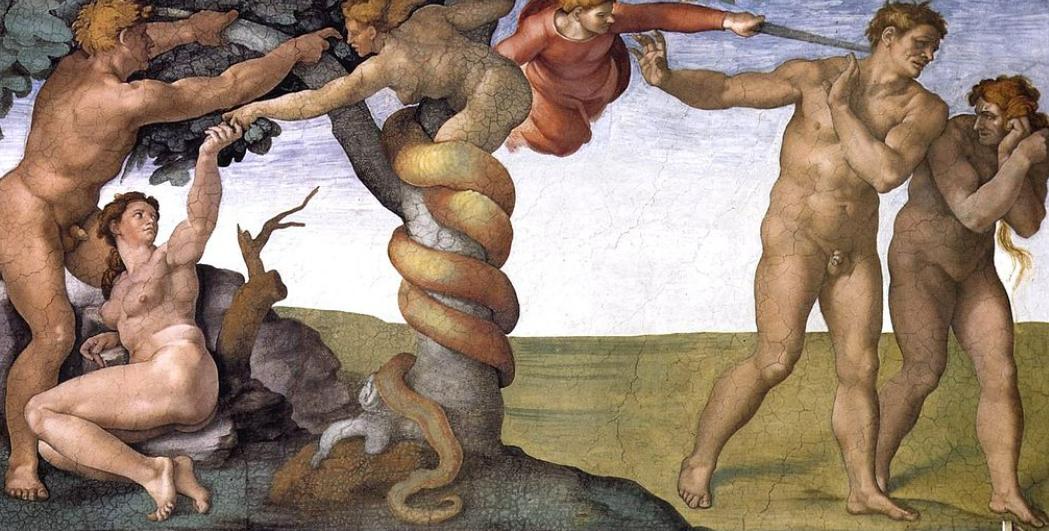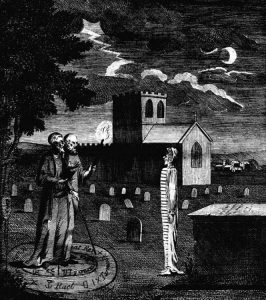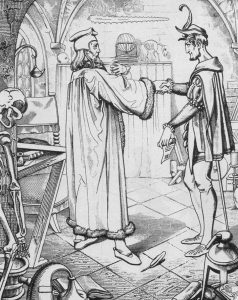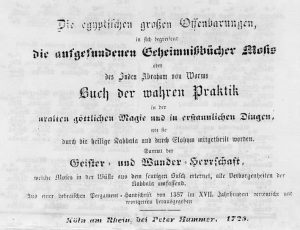In a religious context, sin is a transgression against divine law or a law of God. Each culture has its own interpretation of what it means to commit a sin. While sins are generally considered actions, any thought, word, or act considered immoral, selfish, shameful, harmful, or alienating might be termed “sinful”. Some demonologists drew up a hierarchy of devils and ascribed to them power to provoke people to commit the seven deadly sins:
- Lucifer – Pride
- Mammon – Avarice
- Asmodeus – Lechery
- Satan – Anger
- Beelzebub – Gluttony
- Leviathan – Envy
- Belphegor – Sloth
Pride (superbia), also known as hubris (from Ancient Greek ὕβρις) or futility is considered the original and worst of the seven deadly sins on almost every list, the most demonic. It is also thought to be the source of the other capital sins.
Satan – Anger
Satan is the prince of evil spirits and adversary of God in Judaism, Christianity, and Islam. Satan is traditionally understood as an angel who rebelled against God and was cast out of heaven with other “fallen” angels before the creation of humankind. Satan, also known as the Devil, and sometimes also called Lucifer in Christianity, is an entity in Abrahamic religions that seduces humans into sin or falsehood.
Lucifer – Pride
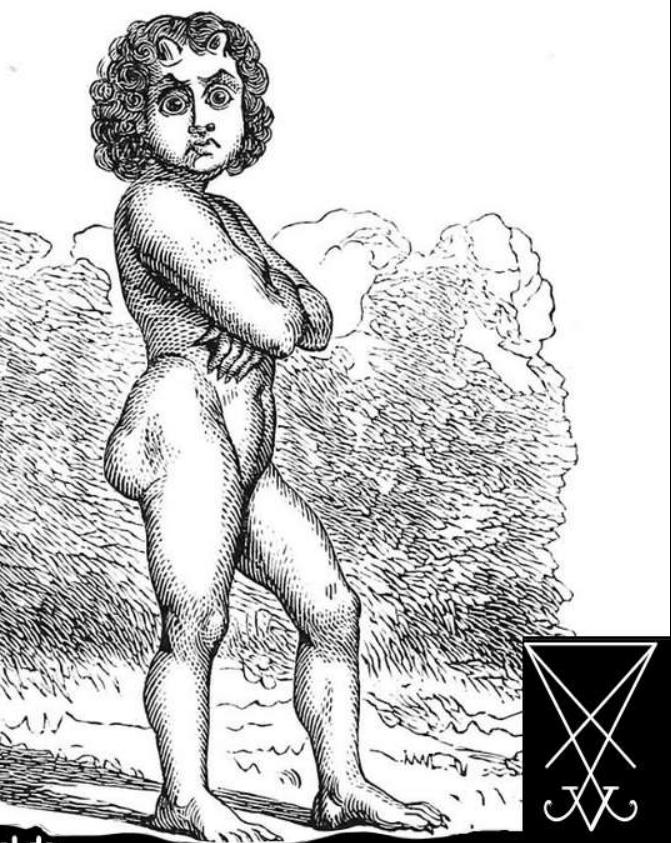
Samael is a fallen archangel who was banished from Heaven by God after a failed rebellion, being sent to Hell as its new ruler and later changing his name to Lucifer. He holds a deep resentment towards his father for banishing him, as well as his mother for doing nothing to stop the banishment.
Mammon – Avarice
Mammon /ˈmæmən/ in the New Testament of the Bible is commonly thought to mean money, material wealth, or any entity that promises wealth, and is associated with the greedy pursuit of gain.
Leviathan – Envy
In the Old Testament, Leviathan appears in Psalms 74:14 as a multiheaded sea serpent that is killed by God and given as food to the Hebrews in the wilderness. In Isaiah 27:1, Leviathan is a serpent and a symbol of Israel’s enemies, who will be slain by God.
Asmodeus – Lechery
Asmodeus’ reputation as the personification of lust continued into later writings, as he was known as the “Prince of Lechery” in the 16th-century romance Friar Rush.
Beelzebub – Gluttony
Beelzebub is known in demonology as one of the seven deadly demons or seven princes of Hell, Beelzebub representing gluttony and envy. The Dictionnaire Infernal describes Beelzebub as a being capable of flying, known as the “Lord of the Flyers”, or the “Lord of the Flies”.
Belphegor – Sloth
In Christian demonology, Belphegor (Hebrew: בעל־פעור) is the Arch-devil. According to Peter Binsfeld’s Classification of Demons, Belphegor is the chief demon of the deadly sin known as Sloth in Christian tradition.

